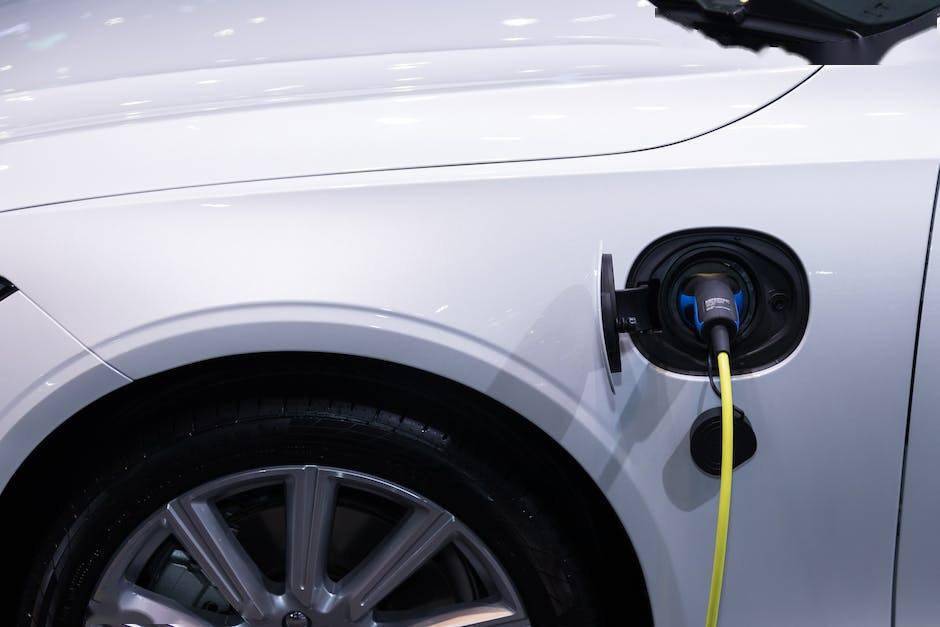
In electric vehicle (EV) charging systems and photovoltaic inverter systems, current sensors measure current by monitoring the voltage drop on the shunt resistor or the magnetic field generated by the current in the conductor. These high-voltage systems use current information to control and monitor power conversion, charging, and discharge.
Hall effect current sensors and shunt based current sensors are the most common current detection technologies. However, the use of Hall-effect sensors in high-pressure applications has been problematic to date. This article explores the factors to consider when choosing each topology and highlights the innovative use of Hall-effect current sensors to simplify current detection in high-voltage applications.
Current detection based on shunt and current detection based on Hall effect
Shunt-based current sensors are generally more accurate over the entire current range than Hall-effect current sensors. By using stable amplifier technology or precision analog-to-digital converters (ADCs) and precision shunt resistors, engineers can achieve high accuracy with drift of less than 1% over the entire current measurement range, operating temperature range, and life cycle. Shunt-based sensors are commonly used in automotive traction inverters, servo drives, and EV charging infrastructure applications.
Amplifiers and precision ADCs are often used to monitor the voltage drop on a shunt resistor and provide a proportional output. Each current detection solution is different in terms of operating voltage, offset voltage, drift, bandwidth and ease of use. Shunt based systems have some limiting factors - due to the architecture of the device, such systems typically have large propagation delays and add design complexity, for example in terms of high side and low side power supplies. In addition, when using shunt based devices, various shunt resistor parameters and power consumption need to be carefully considered.
Compared to shunt based solutions, all-in-one Hall-effect current sensors offer higher cost performance, lower propagation delay, and are easier to design into the system. With the one-piece package solution, the current flows through the package through the lead frame, thus eliminating the need for precision resistors, reducing costs and reducing the bill of materials. In addition, there is no need for two high-side and low-side power supplies - you can use a low-side power supply to power the Hall effect sensor, further reducing design complexity.
Simplify high voltage current detection with innovative Hall effect sensor technology
Although Hall-effect current sensors offer many advantages, most designers will not consider them for high voltage systems due to their large drift over the temperature range and life cycle. Due to electrical and isolation attenuation, Hall effect current sensors have a large drift over their life cycle.
To overcome these shortcomings, Texas Instruments has developed a solution that dramatically reduces the sensitivity drift error of the Hall effect current transmitter TMCS1123 to ±0.5% over its lifetime, allowing engineers to design high-voltage systems that require less calibration or maintenance over the entire system life cycle. We also reduce the total maximum sensitivity error to ±1.75% across the entire life cycle and temperature range, which helps improve efficiency and reduce costly system calibration efforts. In addition, the TMCS1123 features differential Hall effect sensing, which significantly reduces magnetic field interference or crosstalk, and offers additional features such as overcurrent detection, precision voltage reference, and sensor alarm.
TMCS1123 block diagram

The TMCS1123 also addresses some of the other common limitations of Hall effect sensors, such as leadframe resistance and chip heat dissipation limitations, which can limit the amount of current a device can handle. The TMCS1123 is able to detect the current of 75ARMS at 25°C and achieve a sensitivity error of ±1.75% over the entire temperature range and life cycle without calibration, thus maintaining high accuracy over the life of the system.
Current detection design considerations
Here are some of the main considerations when choosing a current sensor for your system. First, accuracy is an important consideration and should be one of the first defined parameters to determine a viable technology. Second, power levels are critical for all of the above technologies. The voltage and current levels of the system must be within the parameters specified by the device to ensure safe and efficient operation. In order to sensitively control switching systems, such as isolated DC/DC converters in solar systems, bandwidth and speed must be considered. Design complexity is also an important factor to consider. Because no additional power supply or components are required, Hall-effect current sensors are simple to use and can operate at all voltage levels within the device's permitted range.
Conclusion
There is an increasing need for highly accurate current measurement in high-voltage systems such as EV chargers and photovoltaic inverters, and there are several design challenges in high-voltage applications that make system design more complex and costly. Now, with current detection devices such as the TMCS1123, you can accurately detect current in high-voltage applications such as EV chargers, while reducing design complexity and quickly resolving various design issues at a more affordable price.
Heisener Electronic is a famous international One Stop Purchasing Service Provider of Electronic Components. Based on the concept of Customer-orientation and Innovation, a good process control system, professional management team, advanced inventory management technology, we can provide one-stop electronic component supporting services that Heisener is the preferred partner for all the enterprises and research institutions.
